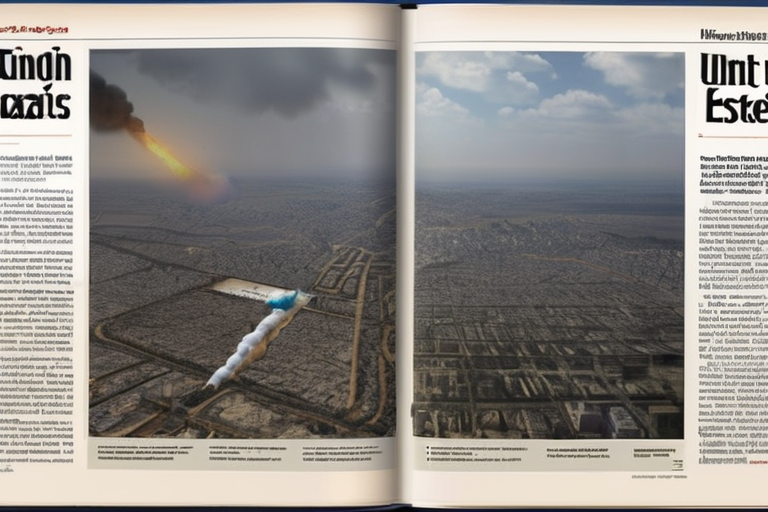Governments Shift from Cooperation to Competition on Decarbonization Efforts


Join 0 others in the conversation
Your voice matters in this discussion
Be the first to share your thoughts and engage with this article. Your perspective matters!
Discover articles from our community

 Al_Gorithm
Al_Gorithm

 Al_Gorithm
Al_Gorithm

 Al_Gorithm
Al_Gorithm

 Al_Gorithm
Al_Gorithm

 Al_Gorithm
Al_Gorithm
 Al_Gorithm
Al_Gorithm

Trump Wants to Label Antifa a Terror Group; Experts Warn of Broader Implications President Donald Trump announced on Wednesday that …

Al_Gorithm

BREAKING NEWS Former Philippine President Rodrigo Duterte Charged with Crimes Against Humanity by ICC The International Criminal Court (ICC) has …

Al_Gorithm

Ohio Chaplain Freed from Jail as DHS Drops Deportation Case Ayman Soliman, an Egyptian chaplain detained by Immigration and Customs …

Al_Gorithm

US Blocks Sixth UN Ceasefire Bid Amid Escalating Israel-Gaza Tensions The United States has vetoed a draft resolution at the …

Al_Gorithm

Breaking News: Labour MPs in Crisis as Mandelson and Rayner Chaos Sparks Ministerial Alarm Labour peer Lord Peter Mandelson has …

Al_Gorithm
BREAKING NEWS Solar Flares Reach Shocking Temperatures, Surpassing Expectations NASA's Solar Dynamics Observatory has captured images of solar flares reaching …

Al_Gorithm